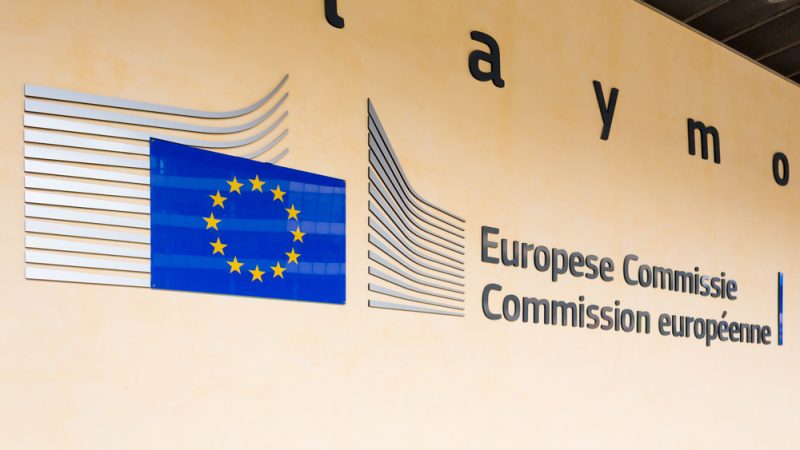The European Commission is poised to approve the establishment of the European Artificial Intelligence Office, as revealed in a preliminary document obtained by Euractiv.
Scheduled for formal adoption in the upcoming weeks, the AI Office will assume a critical role within the enforcement framework of the EU’s groundbreaking AI Act. This legislative milestone, shaped by a political consensus reached in December, is on track for implementation.
Initially proposed by the European Parliament, the concept of an AI Office aimed at centralizing the enforcement of AI regulations underwent modifications during negotiations. Originally conceived as an almost independent agency, it was eventually integrated into the Commission with a distinct budget allocation.
Nevertheless, the extent of autonomy granted to the Office remains a sensitive issue within the Commission. The delineation between an entity with its own strategic objectives and an extension of the unit responsible for the AI Act is still ambiguous.
A revised version of the draft decision, following internal consultations, now includes language emphasizing that the Office must not encroach upon the competencies of Commission departments.
The decision is expected to come into effect urgently on 21 February, preceding the formal enactment of the EU’s AI legislation, with adoption slated for Wednesday (24 January).
Oversight of Advanced AI
While national authorities will retain primary responsibility for enforcing AI regulations, the AI Office will focus on supervising General-Purpose AI (GPAI) models and systems, representing the most sophisticated AI technologies to date.
The rapid evolution of computing capabilities, data collection methods, and algorithmic advancements has led to the emergence of powerful GPAI models such as OpenAI’s GPT-4, the driving force behind the renowned chatbot ChatGPT.
The AI Act incorporates a tiered approach to GPAI models, distinguishing those posing systemic risks from others. The AI Office is tasked with developing assessment methodologies and benchmarks for evaluating the capabilities of GPAI models.
In monitoring compliance with rules governing GPAI models, particularly those developed by the same provider, the Office will rely on alerts from an independent scientific panel to identify potential unforeseen risks.
Empowered to investigate potential rule violations related to GPAI, the Office will receive complaints, issue document requests, conduct evaluations, and propose enforcement measures.
Additionally, the Office will coordinate the enforcement of the AI Act concerning AI systems already regulated under other EU laws, such as recommender systems in social media under the Digital Services Act and search engine algorithms under the Digital Markets Act.
Facilitation & Collaboration
The AI Office will play a supportive role in crafting secondary legislation to implement the AI Act, ensuring uniform application of the regulations, providing guidance, and developing tools like standardized protocols, standardization requests, regulatory sandboxes, and codes of practice at the EU level.
Moreover, the Office will serve as the secretariat for the AI Board and offer administrative support for the stakeholder-driven advisory forum and expert-led scientific panel. Regular consultations with scientific and civil society stakeholders are mandated.
Of particular note is the requirement for the AI Office to establish a collaboration forum with the open-source community to foster best practices for the safe development and utilization of open-source AI models and systems.
Furthermore, the Office is entrusted with promoting innovation ecosystems, engaging with public and private entities, and supporting startups. Notably, it will oversee the progress of GenAI4EU, an initiative aimed at advancing generative AI in strategic sectors.
Collaboration with relevant EU bodies, including the European Data Protection Supervisor, and internal Commission departments, such as the European Centre for Algorithmic Transparency, is essential to test GPAI models and facilitate AI tool adoption in EU policies.
Internationally, the Office will advocate for the EU’s AI approach, contribute to AI governance initiatives, and assist in implementing global agreements.
Financial Framework
Financing the AI Office has been a contentious issue from the outset. Limited flexibility in EU budget allocations and reluctance from member states to allocate additional resources pose challenges for new initiatives.
Human resources will be provided by the Commission’s digital policy department, DG CNECT. Temporary staff recruitment and operational expenses will be covered by reallocating funds from the Digital Europe Programme.
[Edited by Zoran Radosavljevic]










